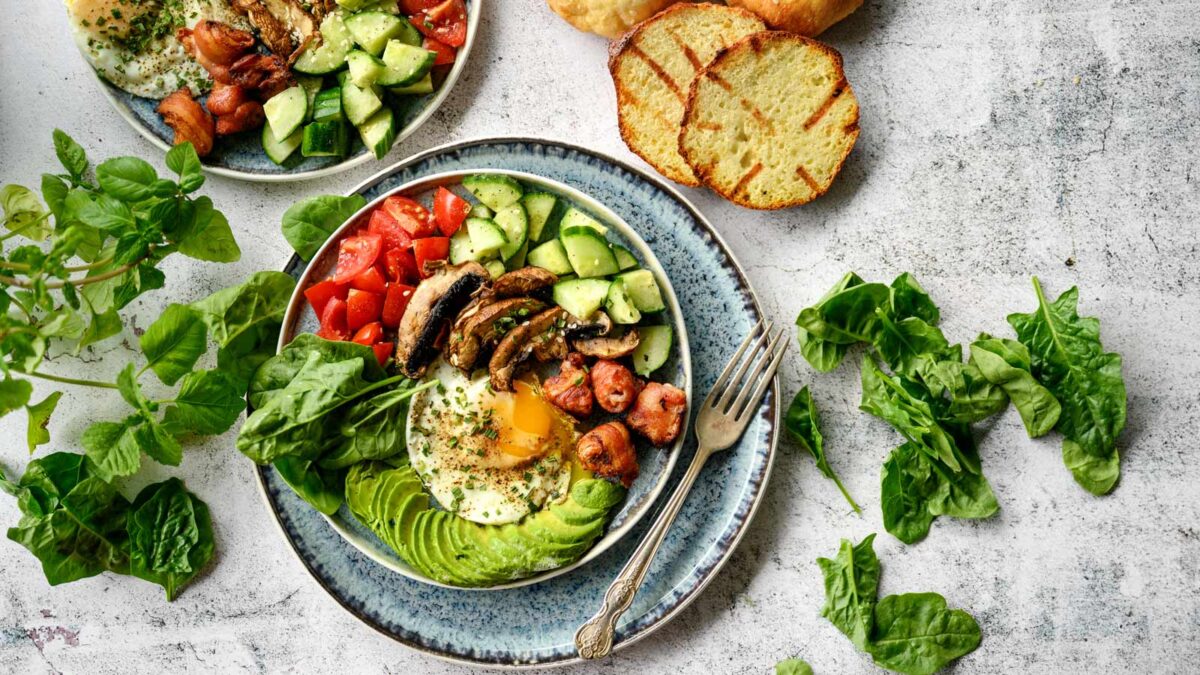When we buy groceries, we may often look at the nutritional information panel on the packaging. But, according to a new study, a lot of the information we’re given could be irrelevant. Instead, a team of researchers have devised the “food compass” to give us a better indication as to which foods are genuinely healthy, and which aren’t.
The Food Compass has been devised by a team of researchers from the Friedman School of Nutrition Science and Policy at Tufts University in Massachusetts, who claimed that the nutritional information on packaging can be misleading. They say the nutrient profiling systems (NPS) currently used ” often assess relatively few nutrients and ingredients, use inconsistent criteria across food categories and have not incorporated the newest science.”
To compensate, the team of researchers developed their own NPS, which “incorporates a broader range of food characteristics, attributes and uniform scoring principles.” For foods to be placed within the Food Compass, each is scored for “4 attributes across 9 health-relevant domains: nutrient ratios, vitamins, minerals, food ingredients, additives, processing, specific lipids, fibre and protein, and phytochemicals.”
Some 8,032 different foods and beverages were analysed and once they were, each was given a score from 1 to 100, with 1 being the least healthy and 100 being the most healthy. The Food Compass was designed specifically to factor in other criteria and information that is currently missing from current food labels, including “gastrointestinal health, immune function, brain health, bone health, and physical and mental performance; as well as considerations of sustainability.”
Foods with a score of 70 or more are encouraged to be consumed, those with a score between 31-69 can be consumed in moderation and any food or beverage with a score of 30 or less should either be consumed minimally or avoided.

Unsurprisingly, snacks and sweet desserts scored the lowest on the Food Compass, with an average score of 16.4. At the top end of the scale were vegetables with an average score of 69.1, fruits scored an average of 73.9 and nearly all raw fruits scored 100. Other foods that we’ve long been led to believe are healthy and good for us, such as legumes, nuts and seeds, scored an average of 78.6.
One of the slightly surprising findings was the score for beef, which came out with an average of 24.9, indicating it should be consumed minimally (and perhaps provides a stronger argument for people to make the switch to plant-based beef).
Other notable and surprising findings from the Food Compass include cereals such as Cheerios and Shredded Wheat being deemed incredibly good for you, with scores of 95 and 83, respectively. Both scored higher than a boiled egg, which came in at 51. So, perhaps all those ‘what I eat in a day’ videos you see posted on TikTok by fitness ‘experts’ could be a load of tripe.
Professor Jeffrey Blumberg, one of the co-authors of the study, said “Cereals aren’t inherently bad. In fact, if they have a high whole grain content then they will get a good score for that, and if they don’t have added sugar, they won’t lose any points.”
Also – in a shock to many of us – is the score for espresso, which came in at 55. Contrary to what you might think, a skimmed milk cappuccino scored 73. We imagine this takes into account the nutritional content of the milk, as even we’ve often thought that an espresso or a long black is going to be better for us. Especially when there have been studies claiming drinking espresso can help lower your risk of heart disease.
The Food Compass is publicly available, although from what we can see, it’s only accessible behind a paywall. Gain access, though, and it could change the way you eat forever.
Read Next
